Things are changing, if only slowly. The government’s measures for easing the lockdown have been published in a 51-page document, preceded by a national broadcast by the prime minister. Neither, as expected, liberated us immediately from restrictions, but they provided a light at the end of the tunnel, if only a faint one.
The first and clearest point is that we should be now have passed the low point for the property sector. This is most clearly the case for construction, where sites in England have been actively encouraged to re-open by the government. They were never formally required to close but many did so, including those operated by housebuilders, in order to adapt to safer social distancing. Now most are back.
What about the property sector itself? It is useful, in this context, to remember that when most of the special measures introduced in response to the coronavirus crisis were announced, they had a three-month duration. That applies to mortgage holidays, the Treasury’s job retention scheme, and other emergency measures.
And, while housing transactions were not explicitly mentioned in “Our plan to rebuild: the UK government’s Covid-19 recovery strategy”, published on May 11, it seems sensible to think of a three-month lockdown for the housing market, during which activity has been on hold. Sooner or later, the market has to start up again, and probably sooner. Transactions that were about to be completed cannot be left in a state of suspended animation. People need to get on with their lives, to move for family, work or other reasons. Properties that were about to be sold to investors still have to be sold, or developers and sellers will be left becalmed.
Because of this there is a reasonable chance that the property sector, like the economy, will have a “V-shaped” recovery. Things might not return to normal by the end of the summer, and we have to redefine what normal is, but there will be a lot more activity than the current quarter’s period of maximum lockdown.
Though the return to some kind of normality is dependent on the virus being controlled, and ultimately on it dying out or a vaccine being available, it seems to me unlikely that the government would want to impose a second lockdown. The lockdown, after all, was to prevent an unprepared National Health Service from being overwhelmed. The government has had time to increase the preparedness of the NHS for a second wave, with more hospital capacity in the form of the Nightingales, and more ventilators.
Lucian Cook, head of residential research at Savills, predicted a V-shaped housing market in a webinar for the firm. Transactions, hit by the lockdown, will drop to 745,000 this year from 2019’s 1.17 million level, he suggested, but bounce back to 1.22 million next year. Prices, similarly, will soon bounce back.
What could get in the way of this? A second wave of the virus in the autumn and winter, even if it does not result in a renewed lockdown, would undermine confidence. A bigger danger, arguably, is unemployment.
For the past decade, the housing market has been supported, not just by ultra low interest rates and, in the case of new homes Help to Buy, but by a strong labour market. Pay increases have been feeble but employment growth strong. At the start of the year the unemployment rate was at a 45-year low of 4%.
How much will unemployment rise, particularly when the government’s furlough scheme is phased out, and how long will the period of higher unemployment last? That is the question that matters most for the sales market and for the rental market. The more that the job shock is temporary, and the sooner unemployment comes back down again, the better the chances of a genuine V-shaped housing recovery.




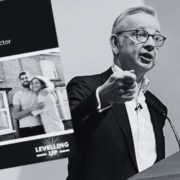
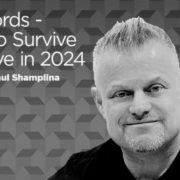


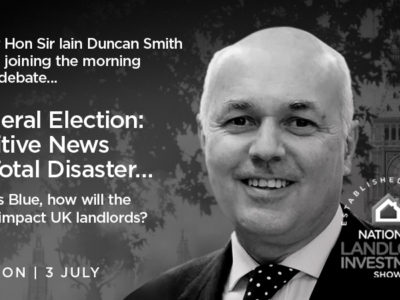



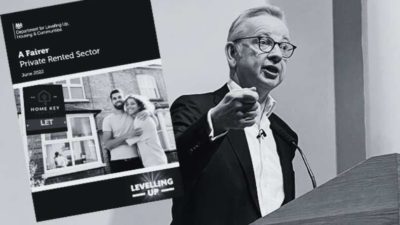
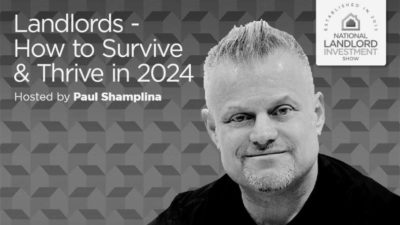






Comments